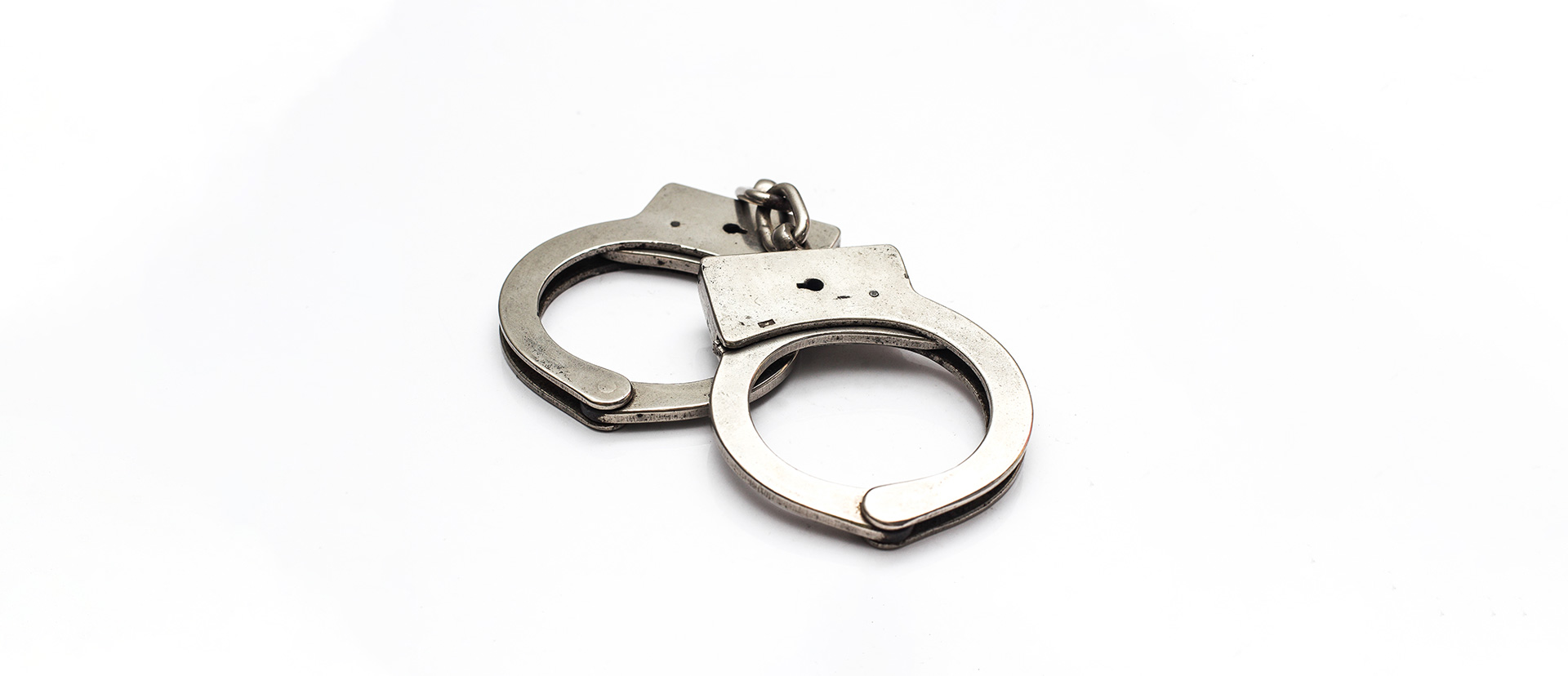This paper examines the consequences of an exploitative prison payphone regime and the devastating financial, emotional, and social burdens forced upon the loved ones of incarcerated persons. These families often face numerous economic and social vulnerabilities, including income inequality and alienation trauma experienced by children of the incarcerated. In reviewing the history of the prison payphone industry and its actions, as well as the federal and state responses to these actions, this article presents readers with an inside view of prison payphone providers’ dispassionate actions, the institutions that enabled these actions, and regulatory actions over decades tackling prison payphone reform. This article reveals the moment in the payphone industry’s history when profiteering over people began and when mutually enriching arrangements with jails and prisons was birthed. This commentary also provides access to the regulatory, advocate, and grass roots communities’ campaigns to end the economic and social assault on families of incarcerated persons. Congressional action and the passage of the Martha Wright-Reed Just and Reasonable Communications Act have empowered the Federal Communications Commission (“FCC”) to establish just and reasonable rates for both interstate and intrastate payphone services. It is unlikely, however, that prison phone providers will abandon the captive golden goose, namely the families of incarcerated persons, and will merely seek to
...THIS ARTICLE IS NOT AVAILABLE FOR IP ADDRESS 216.73.216.24
Please verify email or join us
to access premium content!

